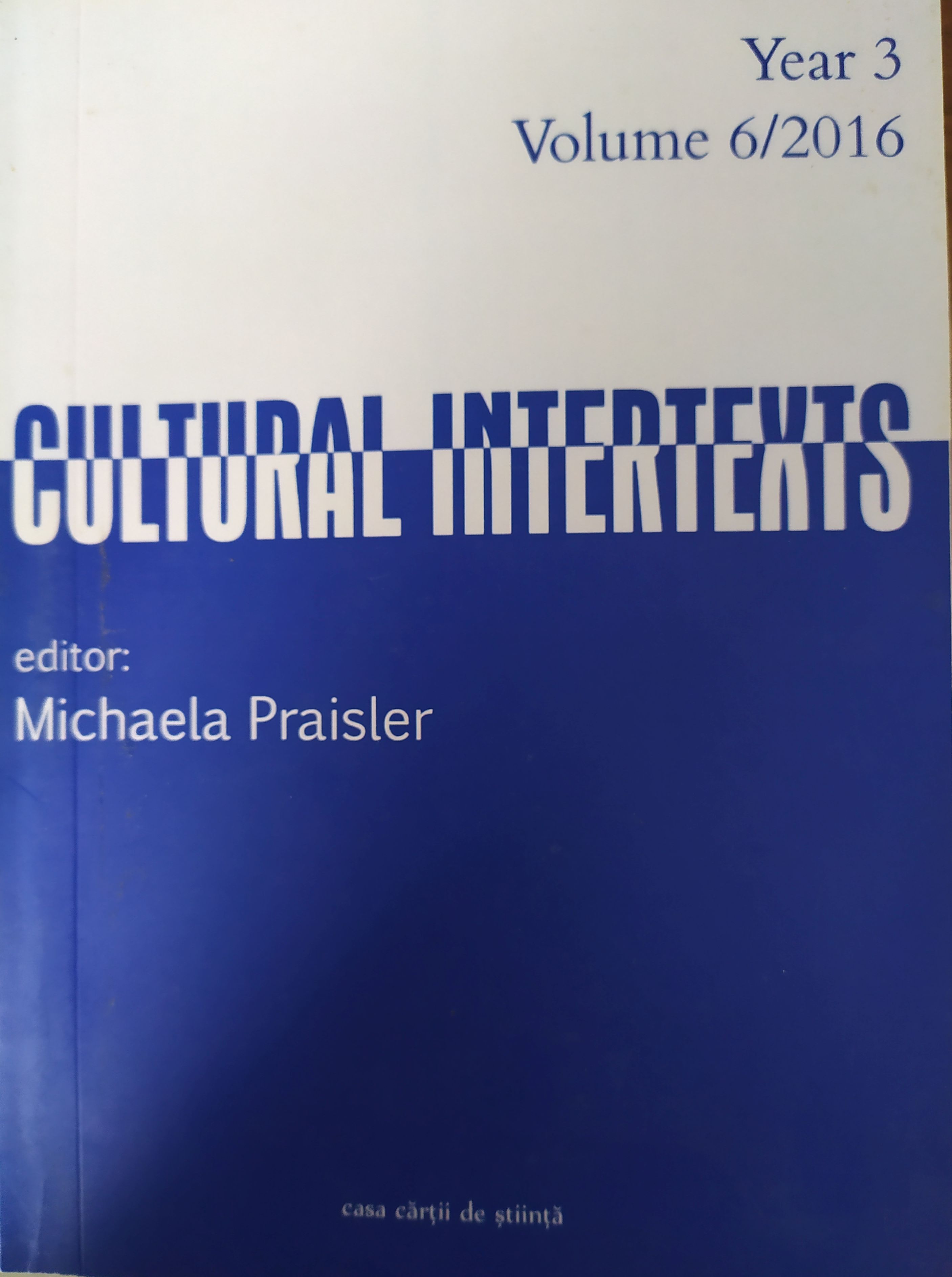Wounds Sustained, Wounds Nurtured: Rituals of Violence at Wagah
Wounds Sustained, Wounds Nurtured: Rituals of Violence at Wagah
Author(s): Monirul IslamSubject(s): Customs / Folklore, Studies of Literature, Studies in violence and power, Nationalism Studies, Sociology of Culture, Film / Cinema / Cinematography, Tourism, Identity of Collectives
Published by: Editura Casa Cărții de Știință
Keywords: partition; identity; nation; ritual; religion;
Summary/Abstract: The Radcliffe Line at Wagah is now a world famous tourist spot where each evening thousands of tourists gather to witness the ritual of lowering the flags of India and Pakistan. Visiting the place is kind of pilgrimage for the Indians, (and must be for the Pakistanis as well), and the Wagah has gradually evolved into a shrine of patriotism. The ceremony of lowering the flag lasts about an hour when on both sides of the border there remain a kind of celebratory atmosphere—and the thing celebrated is nationalism. The patriotic frenzy, however, leads to a menacing display virtual violence as the cry varat mata ki jai ( victory to mother India) on the one side and Pakisthan jindabad(long live Pakistan) on the other bangs upon the ear and fills the air around. Each side tries to supersede the other; the cry gets louder and louder and the tension rises as if there will be an instant war. It leads the sensitive mind into troubled history of partition of India and to the indelible trauma of communal violence—the wound that the people of the subcontinent sustained during and in the aftermath of the partition in 1947. The paper will attempt to analyse the nationalistic ceremony at Wagah and will explore the problematic nature Indian nationalism and national identity. The objective is to examine the paradoxical nature of the Wagah rituals which though aimed at consolidating national identity ends up disrupting it. In the course of discussion, three cultural texts, namely, the ceremony at Wagah, the memoir of Sadat Hassan Manto‘s last days in Mumbai, and Shabnam Virmani‘s documentary film Had Anhad (Bounded Boundless) will act as intertexts of the article.
Journal: Cultural Intertexts
- Issue Year: 3/2016
- Issue No: 06
- Page Range: 79-87
- Page Count: 9
- Language: English

